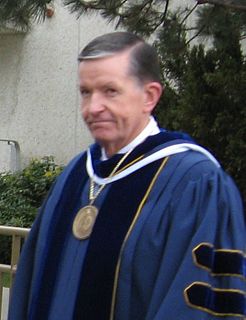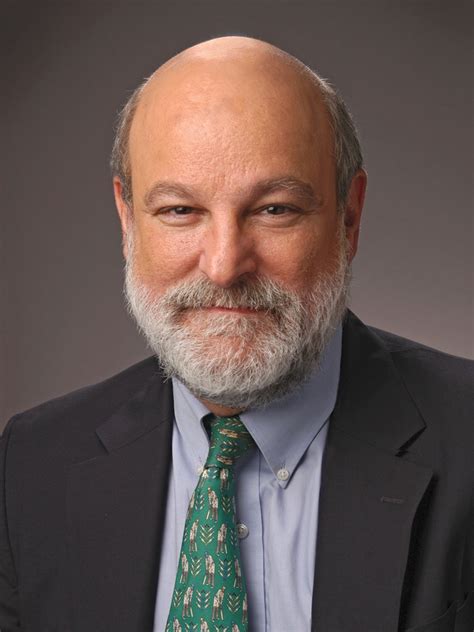A Quote by John Templeton
Many of us understand giving, but some of us may still be confused about the meaning of forgiveness. Some people may go through life in a groveling mode, mistakenly believing they have to receive forgiveness from others. Forgiveness offers more than a reprieve granted to us by another person. True forgiveness is a process of giving up the false for the true and allows us to rid our thinking of rigid ideas. We can develop the flexibility to change our mind and our behavior patterns to higher and greater expressions and find new avenues to freedom.
Quote Topics
About
Another
Avenues
Behavior
Behavior Patterns
Believing
Change
Confused
Develop
Expressions
False
Find
Flexibility
Forgiveness
Freedom
Giving
Giving Up
Go
Granted
Greater
Groveling
Higher
Ideas
Life
Many
May
Meaning
Meaning Of
Mind
Mode
More
New
Offers
Others
Our
Patterns
People
Person
Process
Receive
Reprieve
Rid
Rigid
Some
Some People
Still
Than
Thinking
Through
True
Understand
Up
Us
Related Quotes
Forgiveness does not mean that we have to continue to relate to those who have done us harm. In some cases the best practice may be to end our connection, to never speak to or be with a harmful person again. Sometimes in the process of forgiveness a person who hurts or betrayed us may wish to make amends, but even this does not require us to put ourselves in the way of further harm.
We do not have to make ourselves suffer in order to merit forgiveness. We simply receive the forgiveness earned by Christ. 1 John 1:9 says that God forgives us because He is ‘just.’ That is a remarkable statement. It would be unjust of God to ever deny us forgiveness, because Jesus earned our acceptance! In religion we earn our forgiveness with our repentance, but in the gospel we just receive it.
Fear is not at the heart of Christianity nor of our nation. The very essence of Christian faith lies in forgiveness. Christians believe that Jesus died so we may live. He took upon himself our sins so that we may be forgiven and thereby gave us a model of forgiveness for others. This is a cycle that allows civility and progress in the face of man's faults and imperfectability.
If we can find forgiveness in our hearts for those who have caused us hurt and injury, we will rise to a higher level of self-esteem and well-being. Some recent studies show that people who are taught to forgive become 'less angry, more hopeful, less depressed, less anxious and less stressed,' which leads to greater physical well-being. Another of these studies concludes 'that forgiveness ... is a liberating gift [that] people can give to themselves.'
Forgiveness does not mean that we suppress anger; forgiveness means that we have asked for a miracle: the ability to see through mistakes that someone has made to the truth that lies in all of our hearts. Forgiveness is not always easy. At times, it feels more painful than the wound we suffered, to forgive the one that inflicted it. And yet, there is no peace without forgiveness. Attack thoughts towards others are attack thoughts towards ourselves. The first step in forgiveness is the willingness to forgive.
The Bible is clear about two principles: (1) We always need to forgive, but (2) we don’t always achieve reconciliation. Forgiveness is something that we do in our hearts; we release someone from a debt that they owe us. We write off the person’s debt, and she no longer owes us. We no longer condemn her. She is clean. Only one party is needed for forgiveness: me. The person who owes me a debt does not have to ask my forgiveness. It is a work of grace in my heart.
Jesus' forgiveness of our sins is the single most impactful part of the gospel, and when we forgive others who sin against us we're shining his light most brilliantly. Every act of forgiveness brings a touch of Heaven to Earth, and it makes the gospel look as otherworldly and supernatural as it is. Forgiveness is constructed in the DNA of the persecuted.
We may have much that worries us, and we may find many reasons to be concerned. Yet, as President Spencer W. Kimball observed, peace and the Savior's doctrine of forgiveness are inseparably connected: The essence of forgiveness is that it brings peace to the previously anxious, restless, frustrated, perhaps tormented soul.
Forgiveness involves pardon. Basically, that is like erasing their offenses toward us from a marking board. We immediately wash their offenses away like a wave washing away a message in the sand. Second, forgiveness involves caring for the offending person because most people who offend us have something in their own heart that needs healing. When we forgive others, they are released from our anger and we are healed by God.



































